Children’s brains are amazing – so it’s important to keep them that way! Here are a few simple things you and your child can slip into your daily routine to help protect and look after your brains. Not only will this help you all feel healthier and happy now, but it’ll also help reduce the risk of diseases that lead to dementia.
Diseases that lead to dementia are driven by many factors. Some of these we can’t change, such as our family history and genetics, but many we can. Here’s how.
Protecting your brain the 'STARS' way
Did you know there are as many connections between brain cells as there are stars in the galaxy? So Brain Health Scotland have come up with the ‘STARS’ way of looking after your brain and helping your child protect their brain.
S – Spend time with friends and doing hobbies
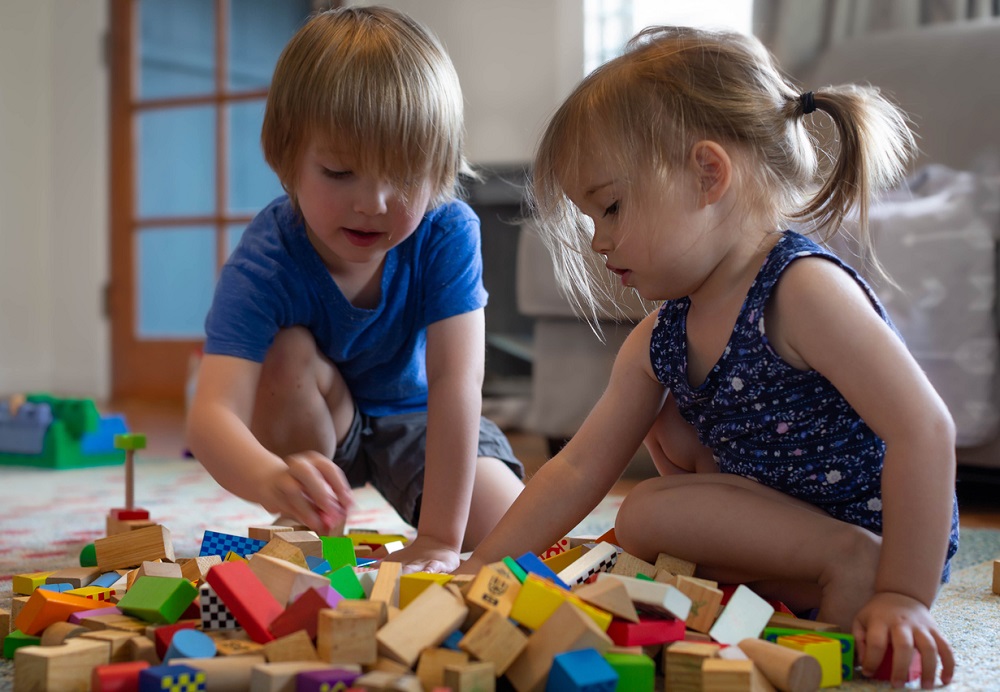
Chatting with friends or learning new skills grows new connections between brain cells. And learning doesn't just happen in school, children can learn through fun things such as games and crafts.
- Our page on encouraging your child to make friends has more tips for helping your child socialise.
- Our pages on things to do indoors and outside have lots of ideas for games and activities that help your child learn while they play.
T – Tuck in!
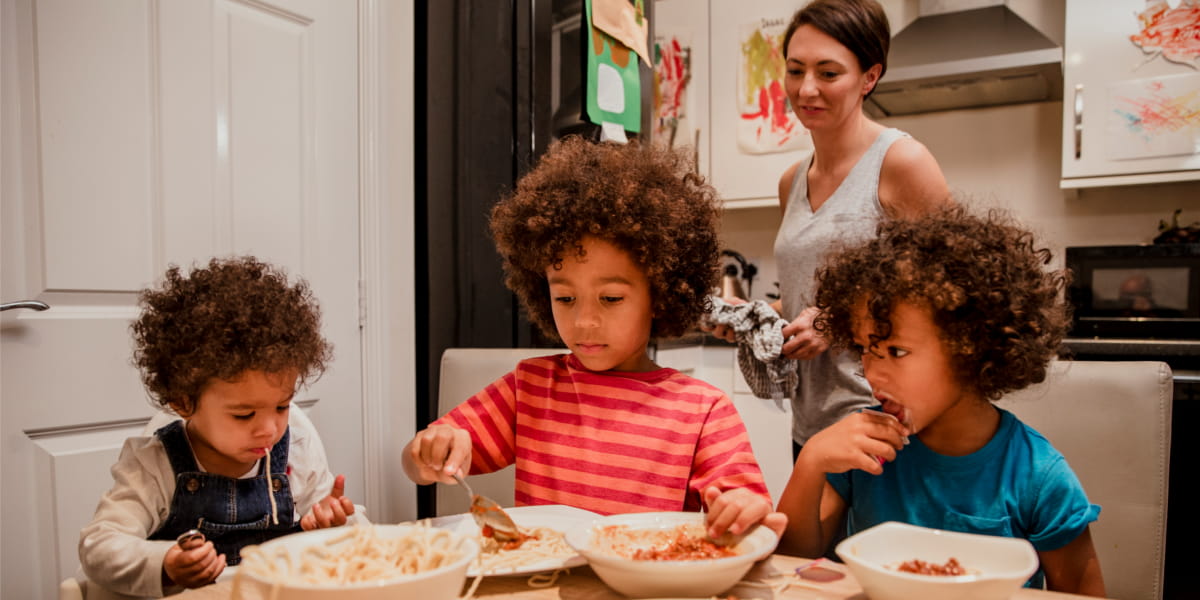
Did you know that a fifth of the energy from the food that we eat goes to powering our brains? So eating regular, healthy meals helps your child's brain work its best throughout the day.
- Our pages on eating well at home and filling tummies on a budget have lots of advice for eating healthily on a budget.
- Got a picky eater on your hands? Our section on fussy eating has tips that may help make life easier.
- You can find lots of ideas for cheap, healthy meals and snacks in our recipe section.
A – Active and healthy
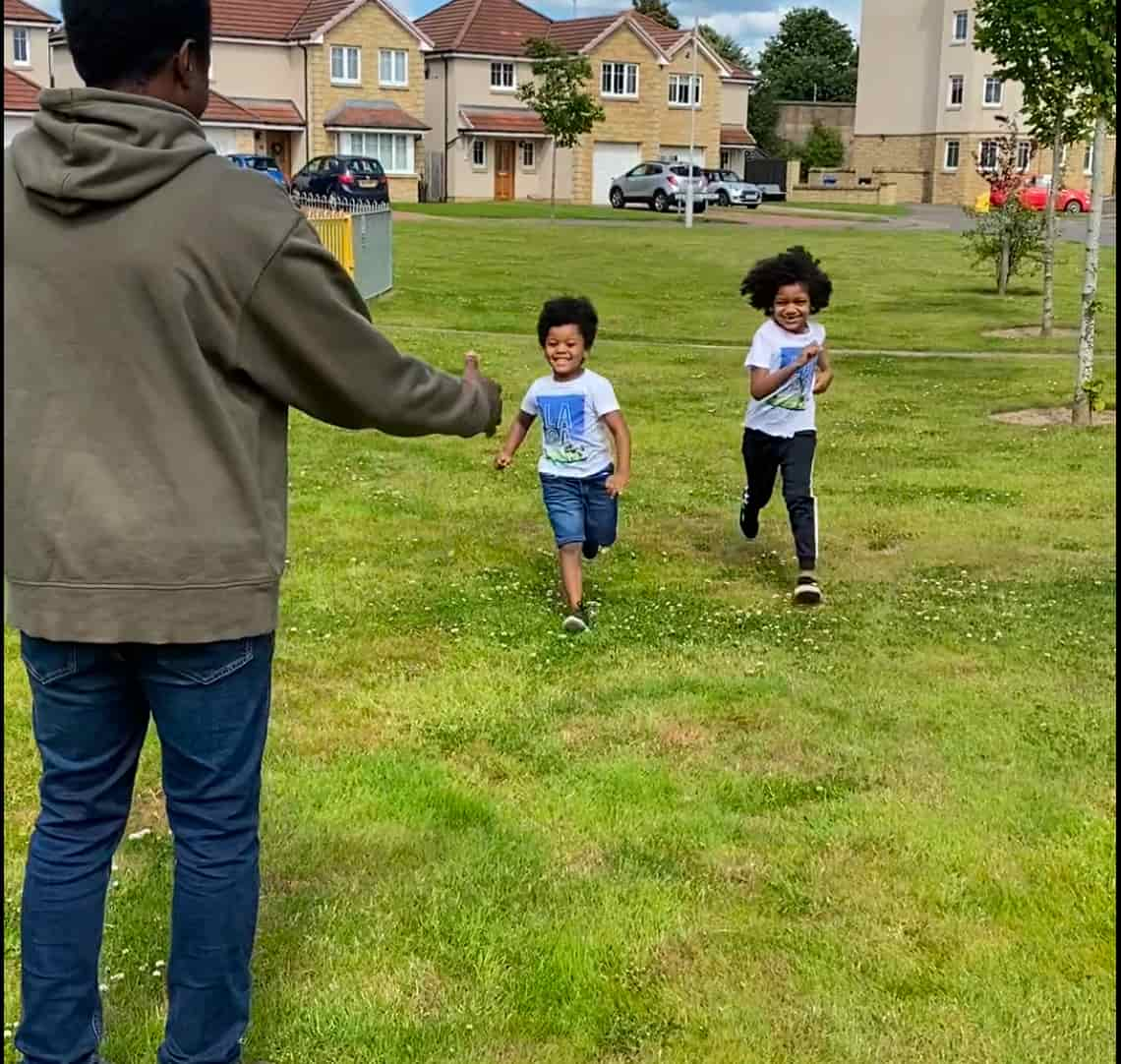
Moving our bodies makes more blood pump to the brain, giving it a boost. So playing active games, going for a walk or even doing star jumps while watching TV all help keep kids’ brains healthy.
- Our pages on keeping active indoors and outdoor games and activities have lots of ideas for getting kids moving.
R – Rest and relax
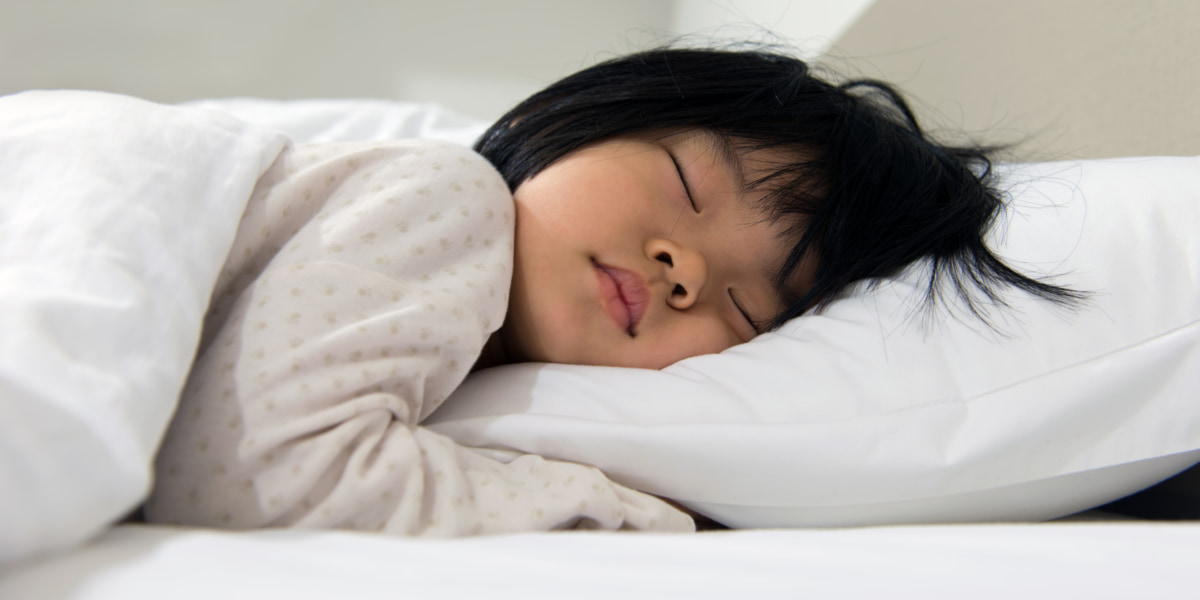
Our brain recharges and "cleans" itself while we sleep, so it’s important your child is getting enough Zzzs. Talking through any worries they have will also help keep their brain calm.
- Our pages of sleep tips have lots of advice for helping wee ones and older children get the sleep they need.
- We have lots of advice on supporting your children’s mental health, from ways to talk to them about their mental health to tips for helping them deal with negative thoughts.
S – Safety
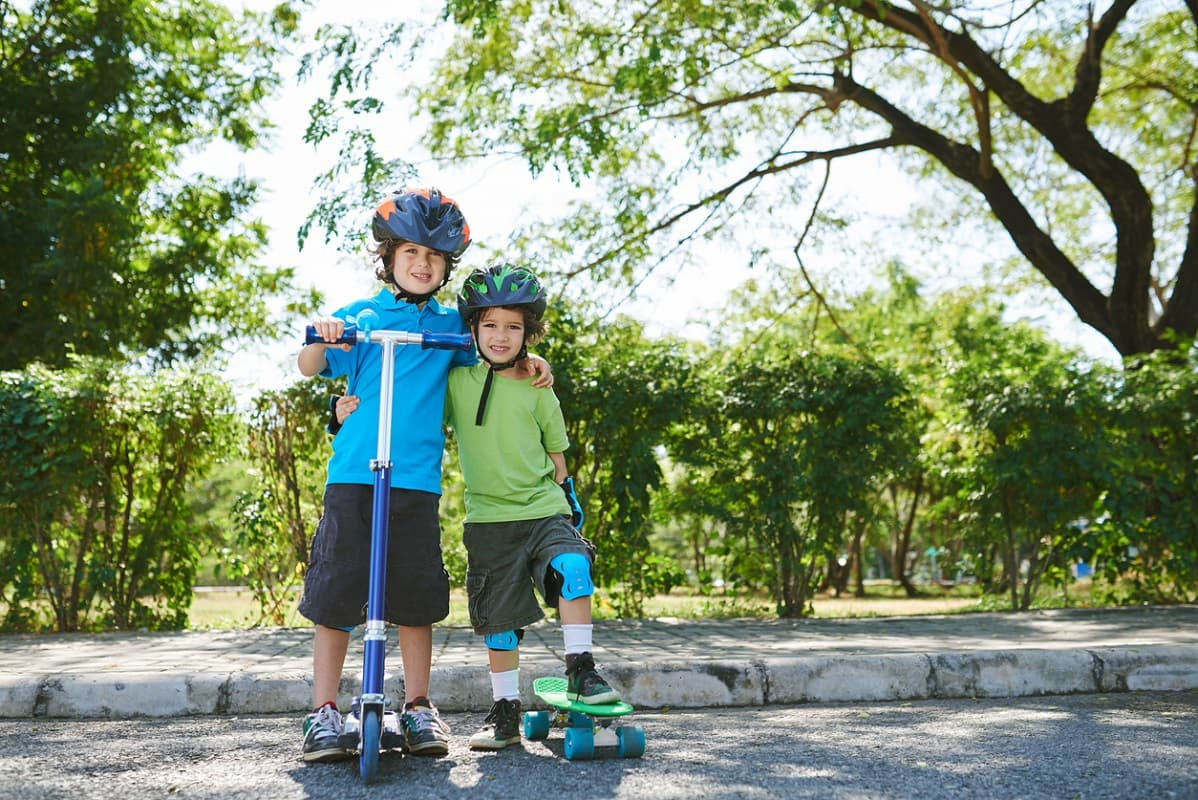
Things like cycling, skateboarding and playing contact sport have lots of benefits, but make sure your child is wearing a well-fitting helmet to protect their head. And encourage them to let you know if they ever bump their head, even if they were wearing a helmet.
- You can find out how to measure for helmet size on the WikiHow website.
- Read NHS Inform’s advice on what to do if your child bumps their head here.
Looking after your own brain health
All the things you can do to help your child's brain health, you can also do for yourself, like:
- Taking regular exercise that gets your heart pumping
- Eating a healthy, balanced diet
- Staying connected to people and learning new things.
Visit the Brain Health Scotland website to find out more.
Find out more
You can find out more about brain health and STARS and download a helpful parents’ guide on the Brain Health Scotland website.
Babies' brain health
You are one of the most important people to build your baby’s brain. Simple things like chatting to them, playing with them and comforting them can all help their little brains develop. Our section on wellbeing for wee ones has lots of tips to help you engage with your baby.
And did you know that research has shown that breastfeeding can also help improve your baby’s brain development? You can find out more about the benefits of breastfeeding here.
 Activities & Play
Activities & Play Behaviour
Behaviour Childcare
Childcare Development & Growing Up
Development & Growing Up Family, Friends & Relationships
Family, Friends & Relationships Feeding Your Baby
Feeding Your Baby Food & Eating
Food & Eating Health & Safety
Health & Safety Mental Health & Wellbeing
Mental Health & Wellbeing Money & Work
Money & Work Online Behaviour & Safety
Online Behaviour & Safety Pregnancy & First Days
Pregnancy & First Days School & Education
School & Education Sleep
Sleep


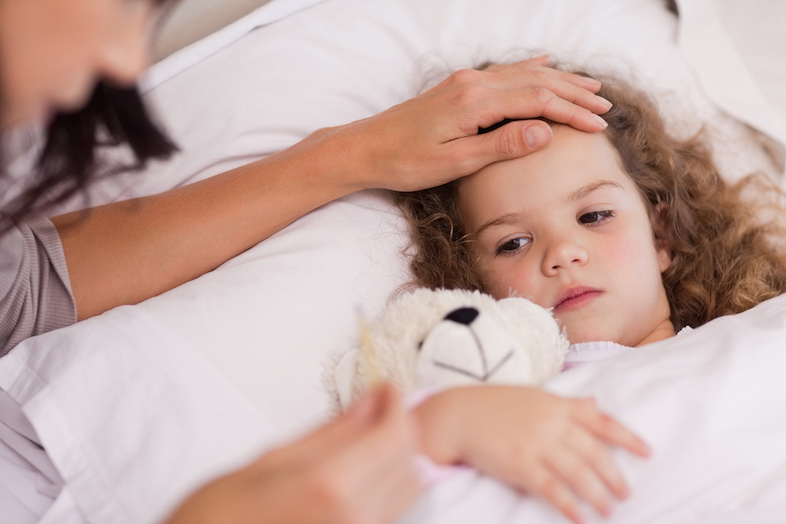
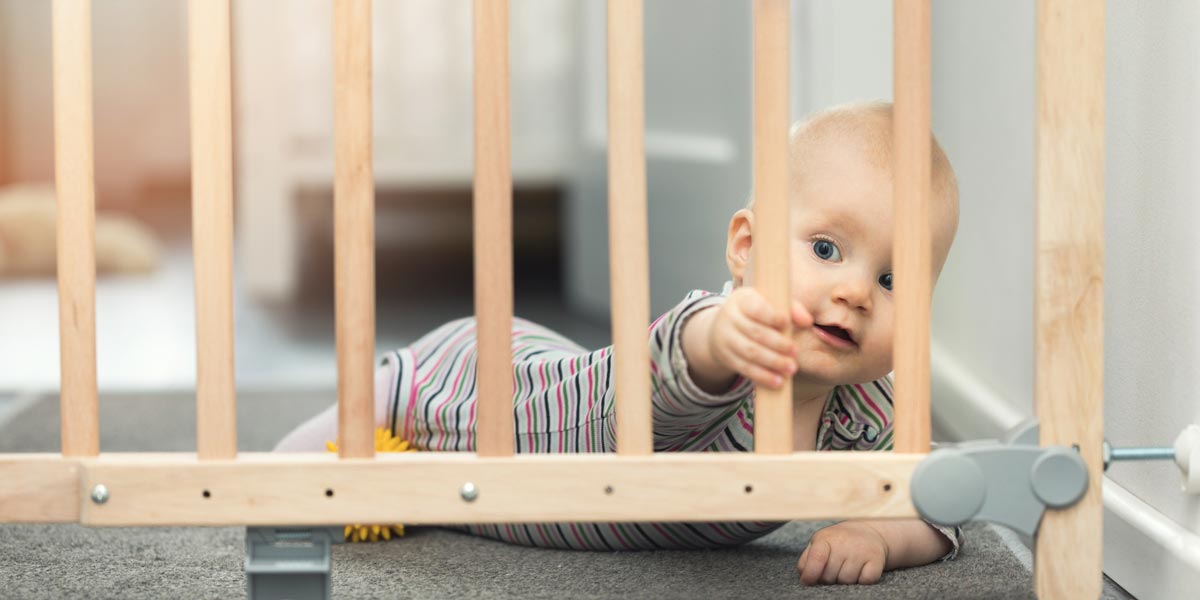
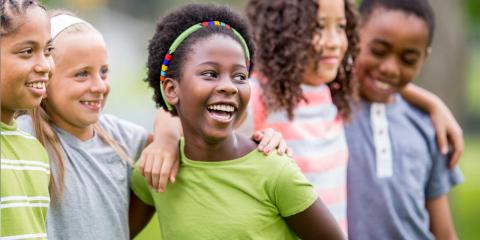

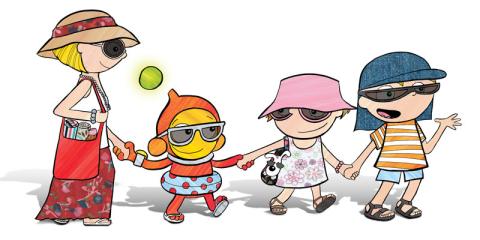
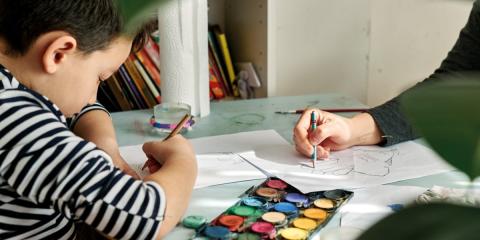
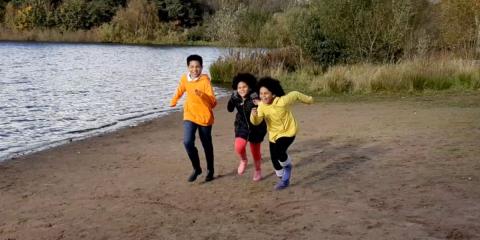
 Mental Health & Wellbeing
Mental Health & Wellbeing
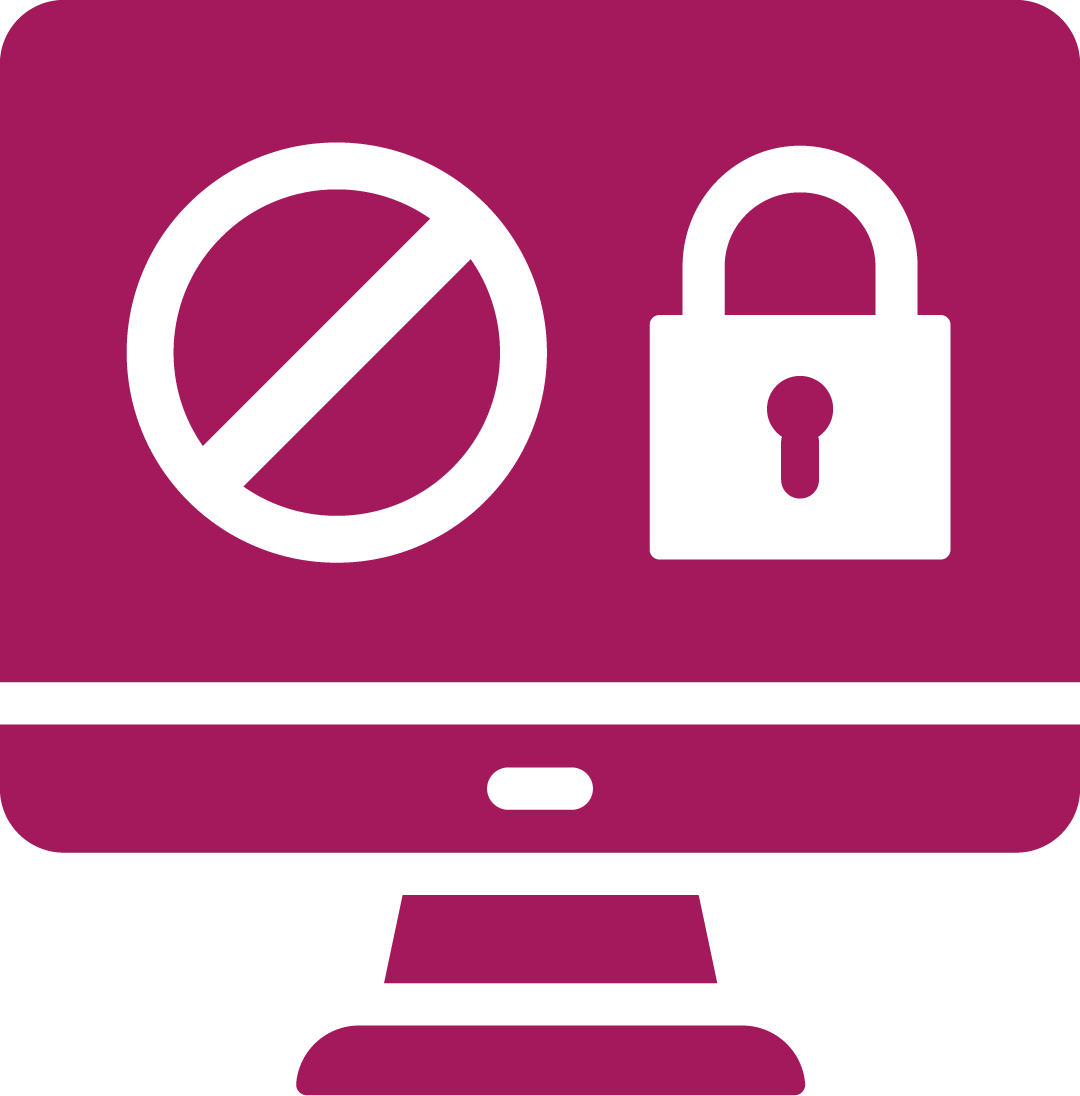 Online Behaviour & Safety
Online Behaviour & Safety